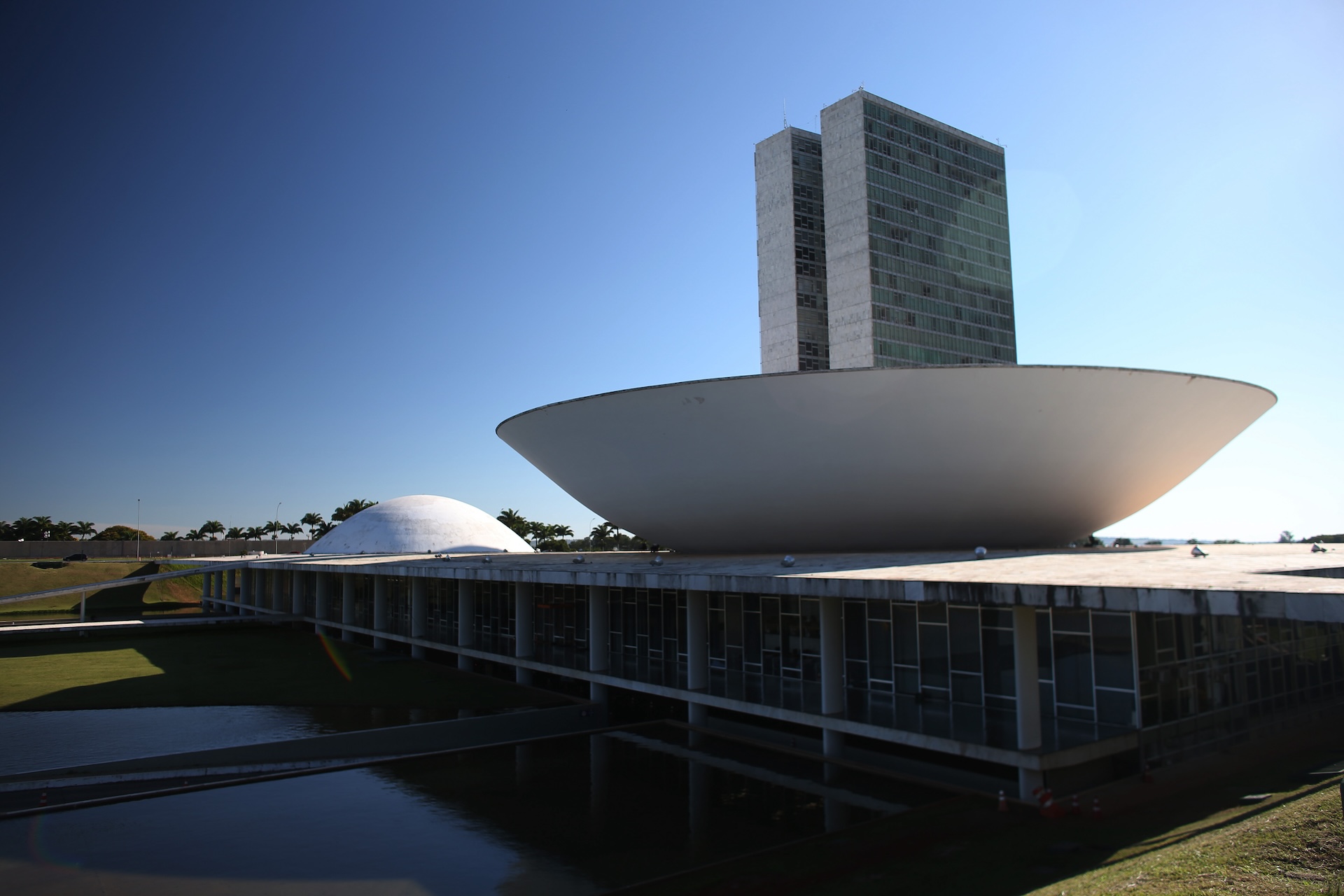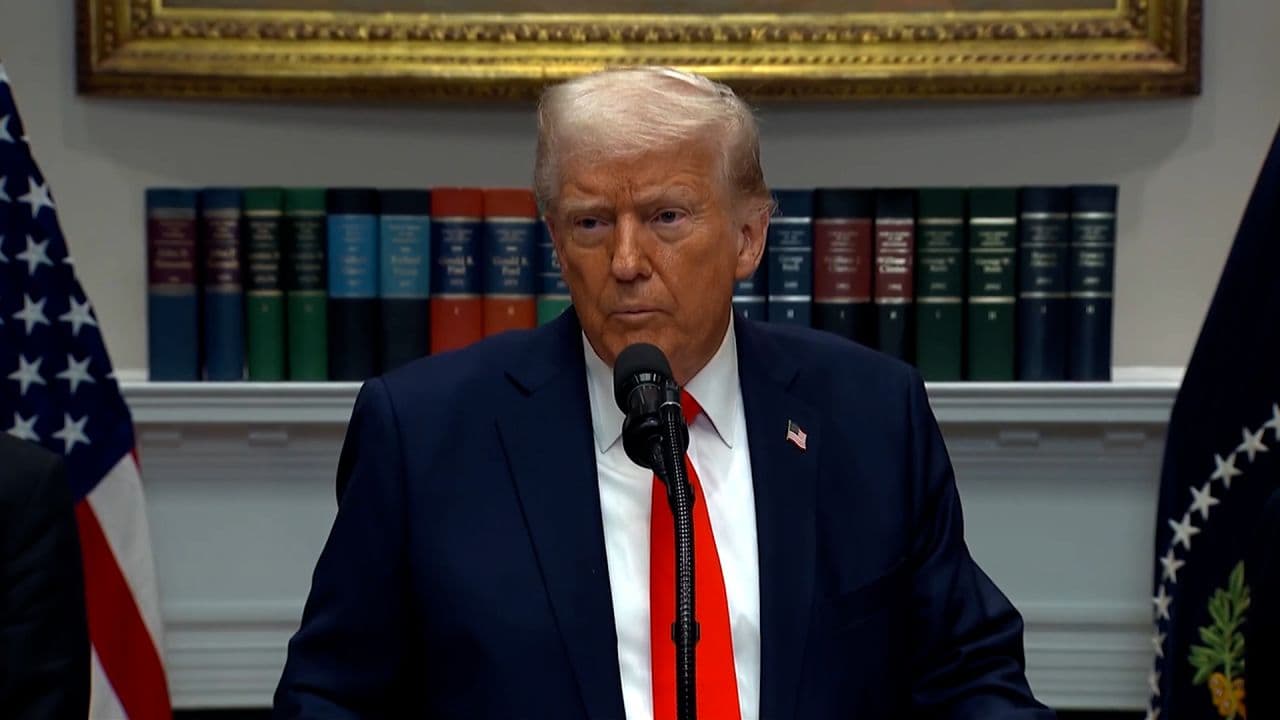In a politically charged move, President Trump has announced a staggering 50% tariff on Brazilian products, a decision that could destabilize not only international trade but also the delicate balance of environmental justice and economic sustainability in the region. This tariff, set to take effect on August 1, is not merely an economic maneuver; it is an overt political statement aimed at supporting the embattled former Brazilian President Jair Bolsonaro, who currently faces serious accusations related to an attempted coup following his electoral defeat in 2022.
Trump"s Tariff Tactics Highlight Political Alliances
Trump"s latest tariff letter deviates sharply from his previous communications with other nations, which focused on economic imbalances. Instead, this missive directly addresses the treatment of Bolsonaro, framing the tariff as a response to what Trump describes as a "Witch Hunt" against his political ally. As reported by BBC, this tariff is an attempt to influence Brazil"s internal politics and retaliate against President Lula da Silva"s government, which Trump perceives as unfairly prosecuting Bolsonaro.
The Impact on Brazilian Economy and Environment
The ramifications of this tariff are profound. Brazil, already grappling with economic instability, will likely see its exports decline sharply, impacting local farmers, manufacturers, and the working class. The agriculture sector, essential for Brazil"s economy, could face devastating consequences. Brazilian farmers, who are already vulnerable to climate change impacts, might struggle even more under the weight of tariffs that could diminish their access to critical markets in the U.S. As reported by The New York Times, Brazil has been a significant exporter of soybeans and beef to the United States, both of which are integral to its economy.

Brasília - DF
Environmental Justice at Risk
From a climate justice perspective, Trump"s tariff announcement raises alarm bells. Bolsonaro"s administration was infamous for its reckless environmental policies, including deforestation in the Amazon rainforest, which has dire consequences for global climate stability. Lula"s government has been striving to reverse these policies and promote sustainable development. The imposition of tariffs that could economically cripple Brazil may inadvertently empower far-right factions that prioritize short-term profits over long-term environmental health. As reported by NBC News, this tariff could undermine efforts to combat climate change by destabilizing leadership committed to sustainable practices.
International Response and Trade Relations
The international fallout from this decision is already unfolding. Brazil"s President Lula has retaliated with strong rhetoric, declaring, "We don"t want an emperor, we are sovereign countries," as noted in his speech following Trump’s announcement. This highlights the growing tension between the U.S. and Brazil, with broader implications for trade relations among BRICS nations. The BRICS alliance, which includes Brazil, Russia, India, China, and South Africa, aims to create a multipolar world that challenges U.S. hegemony. Trump"s tariffs may unify these nations against a common adversary, potentially leading to a coordinated response that could further isolate the U.S. in global trade.

Brazil"s Bolsonaro rallies supporters in Rio | Reuters
The Broader Implications for Global Trade
This tariff strategy is not an isolated incident; it reflects a broader trend in Trump"s economic policies that prioritize political loyalty over equitable trade practices. The implications of such tariffs extend beyond Brazil, as they set a dangerous precedent for how the U.S. engages with other countries. By weaponizing trade, Trump risks igniting trade wars that could destabilize economies worldwide. The potential for retaliation from Brazil and its allies could lead to a domino effect that harms not just U.S. farmers but global supply chains that are already fragile due to the ongoing impacts of climate change.



![[Video] Gunfire between Iraqi security forces and Sadr militias in Baghdad](/_next/image?url=%2Fapi%2Fimage%2Fthumbnails%2Fthumbnail-1768343508874-4redb-thumbnail.jpg&w=3840&q=75)
